Leadership and Management in Service Industries: A Detailed Report
VerifiedAdded on 2023/01/23
|23
|1003
|55
Report
AI Summary
This report provides an overview of leadership and management principles within the service industry, with a focus on the influence of technology. It begins by exploring classical management theories and different leadership styles, including autocratic and transactional approaches. The report then delves into Handy’s theory on organizational culture, specifically analyzing role culture, task culture, and work-hard, play-hard culture. It also compares and contrasts management and leadership styles, highlighting the roles of leaders and managers. The impact of technology on leadership and management activities is discussed, as is the future of leadership styles like laissez-faire leadership. The report concludes by emphasizing the importance of both managers and leaders in achieving organizational goals and enhancing employee performance. The report uses the context of Wa-Pila hotels to illustrate the practical application of these concepts.
1 out of 23

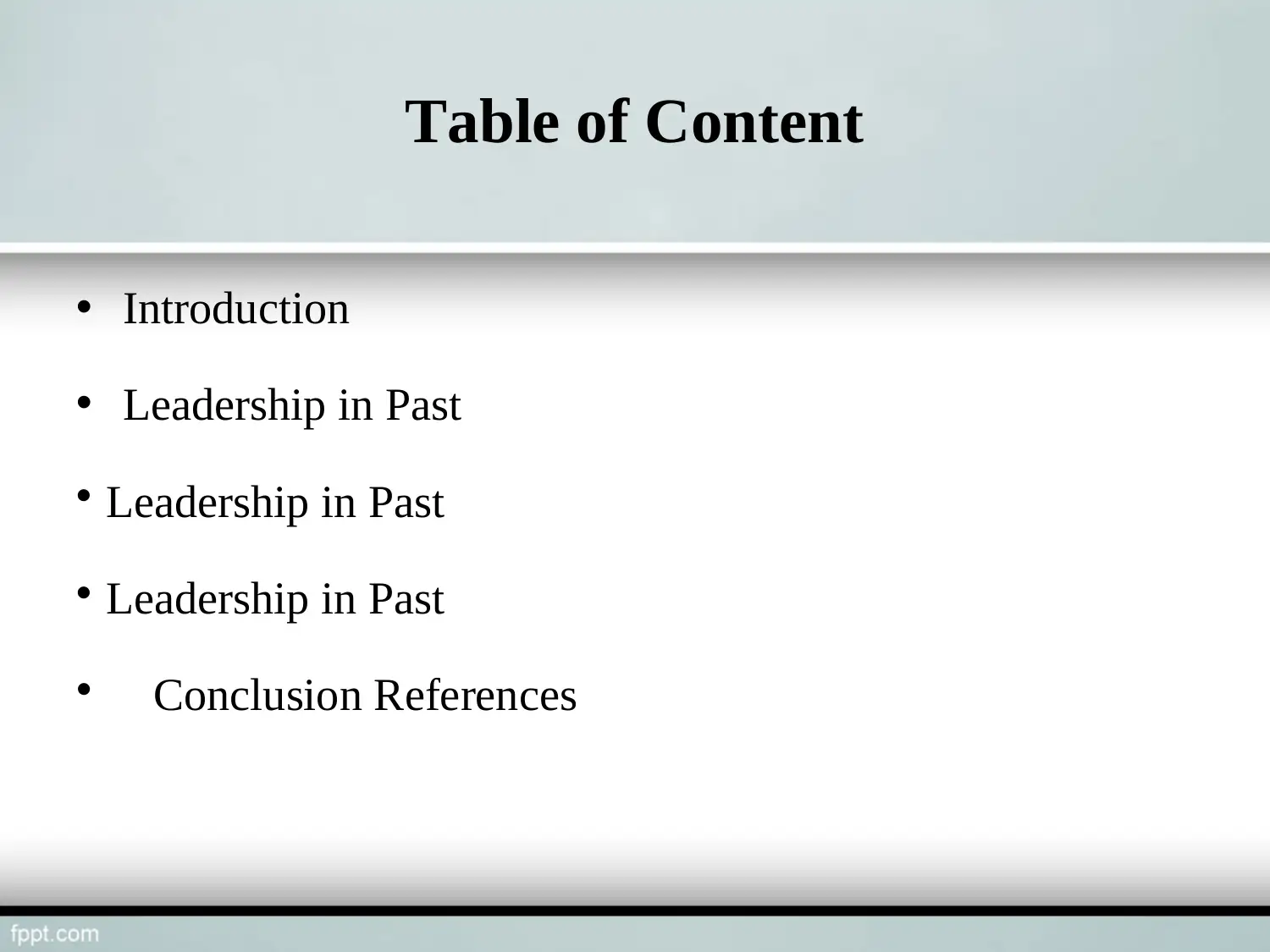
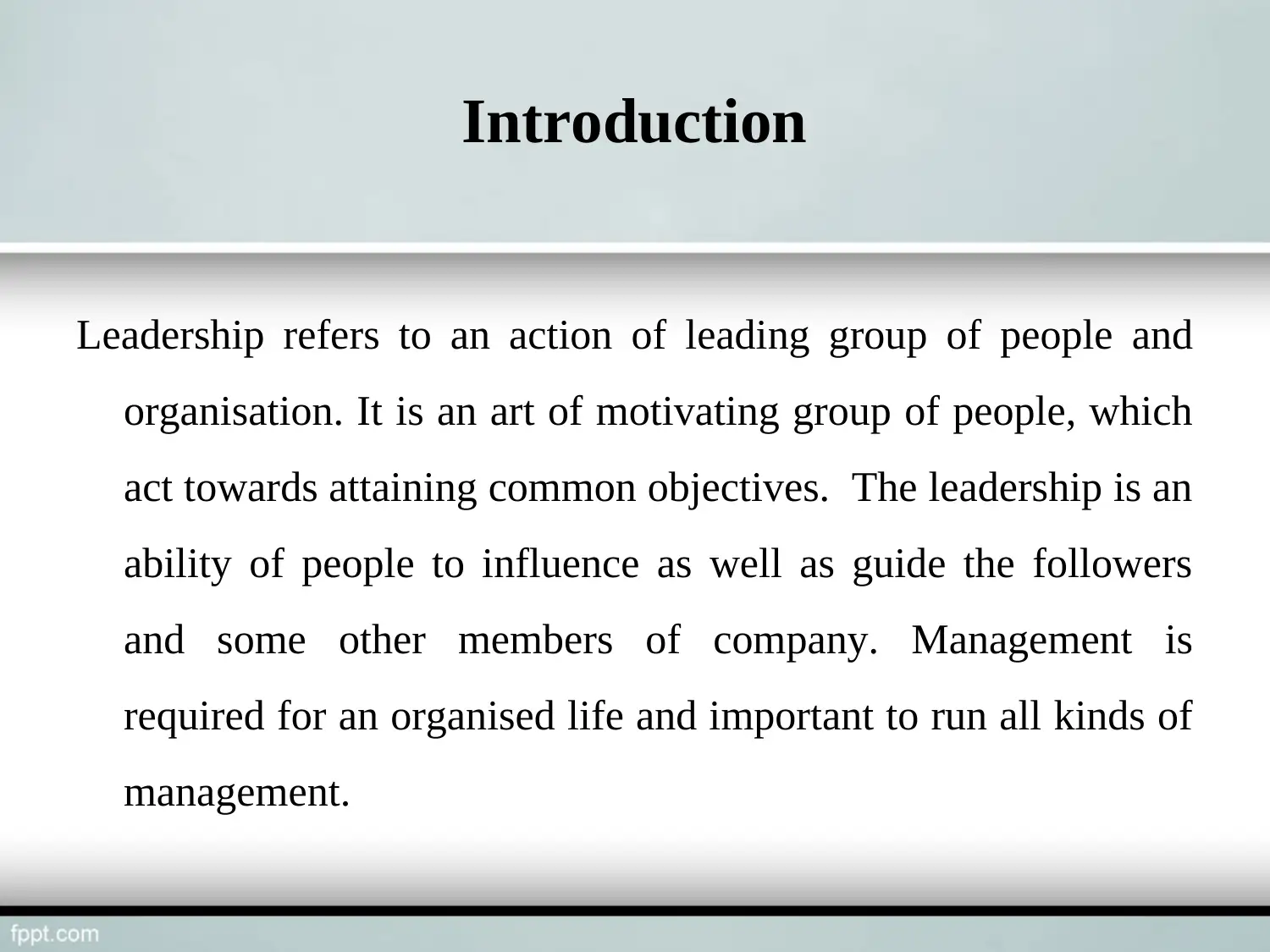

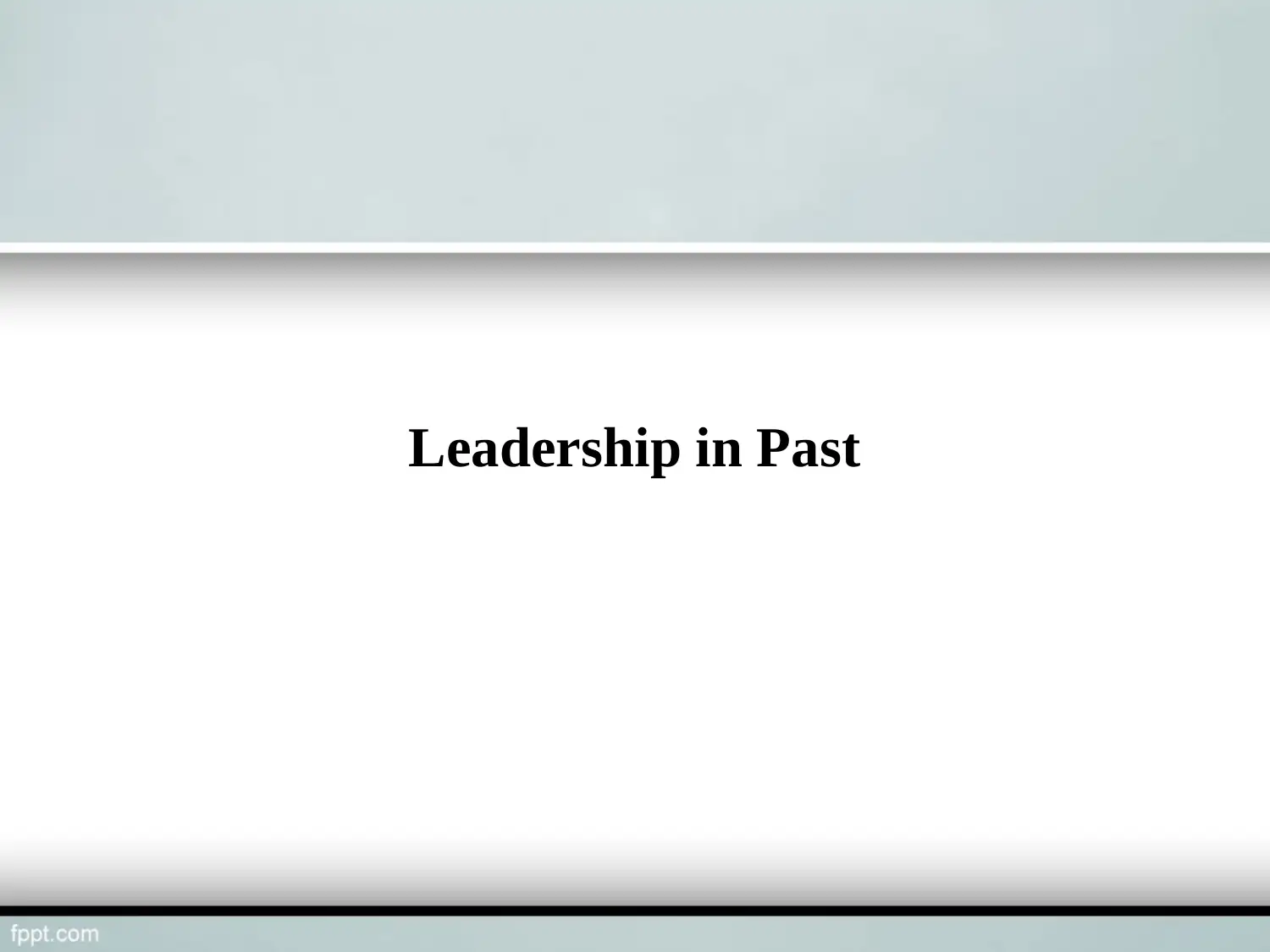
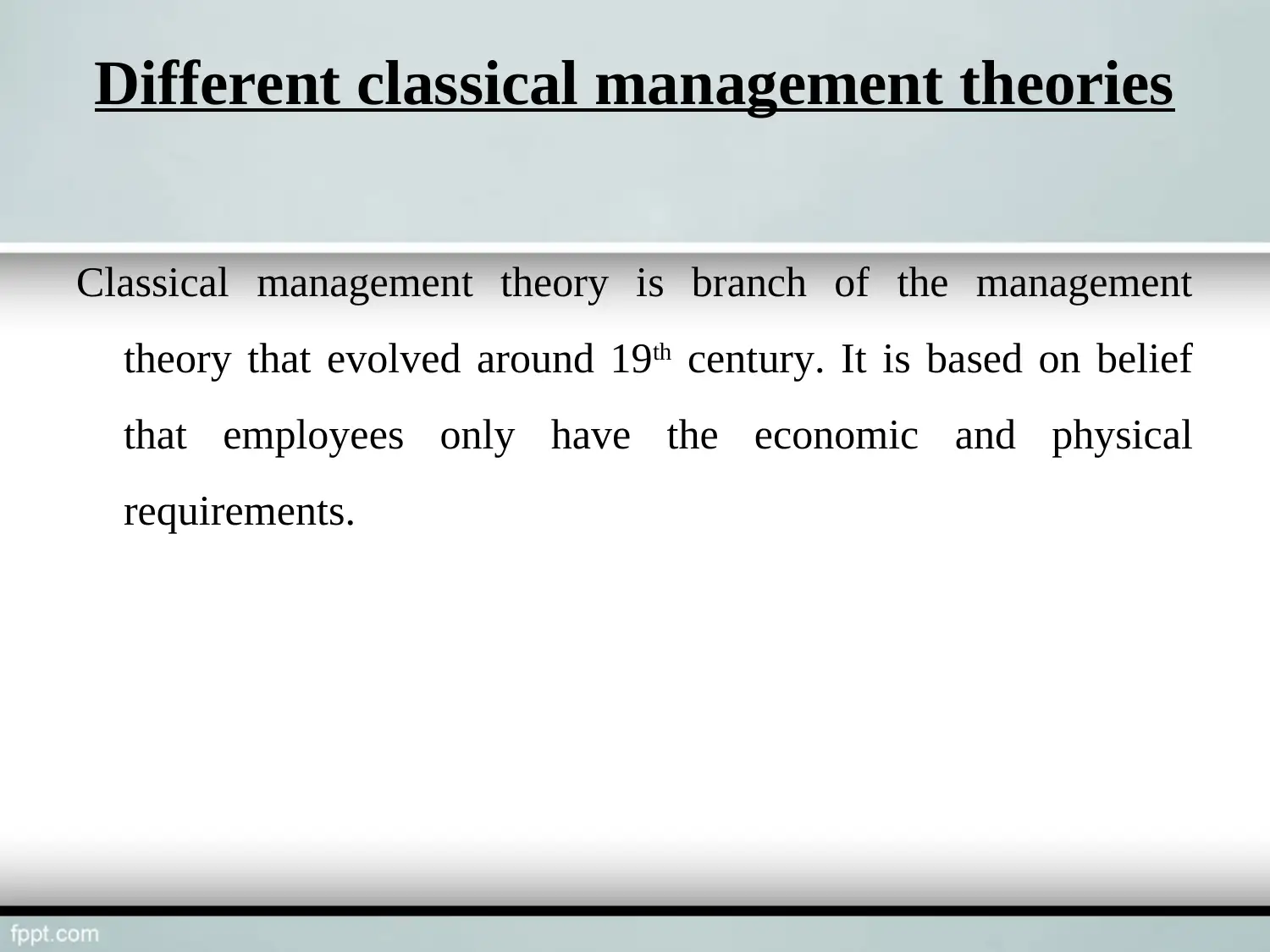
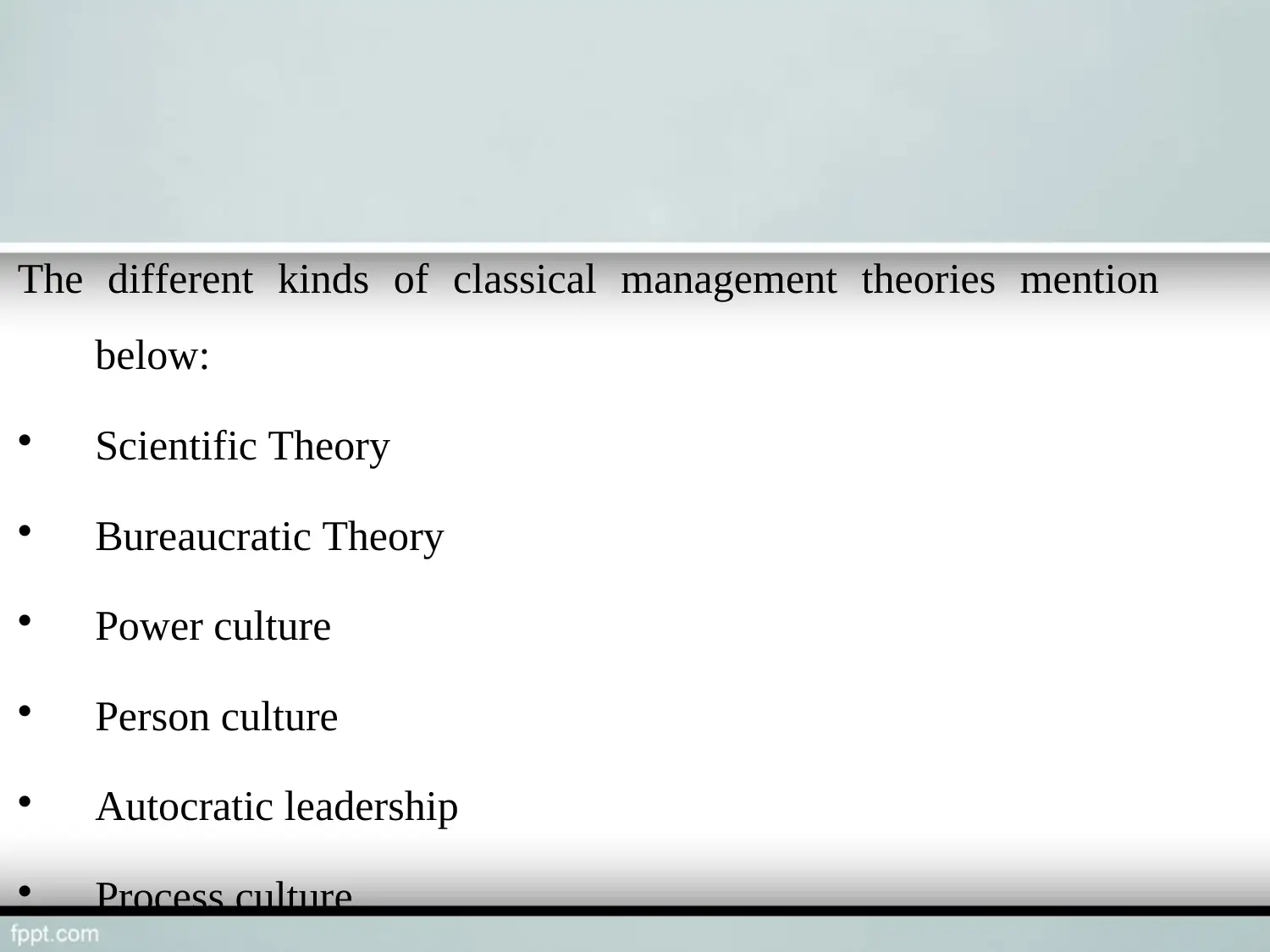
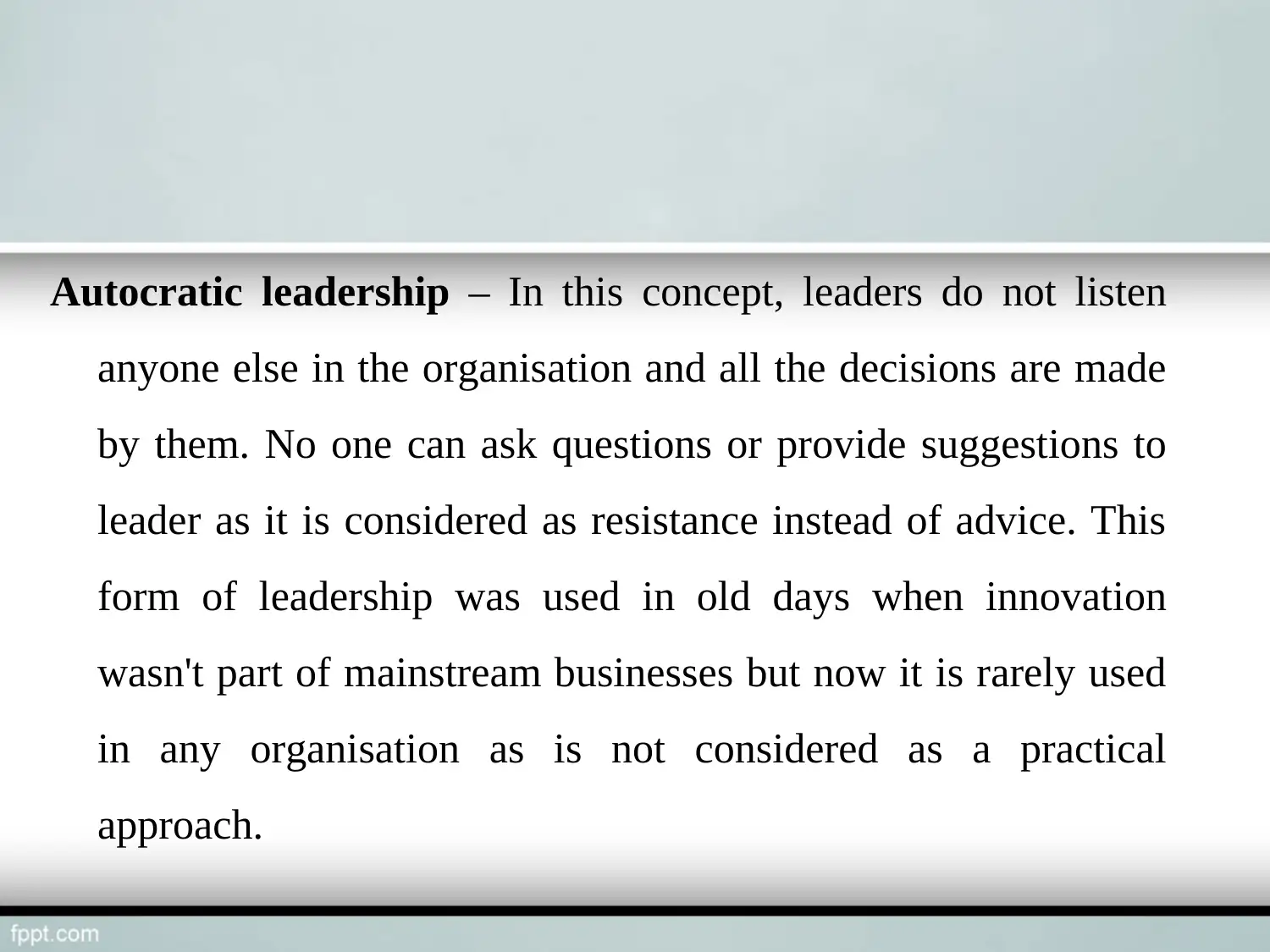
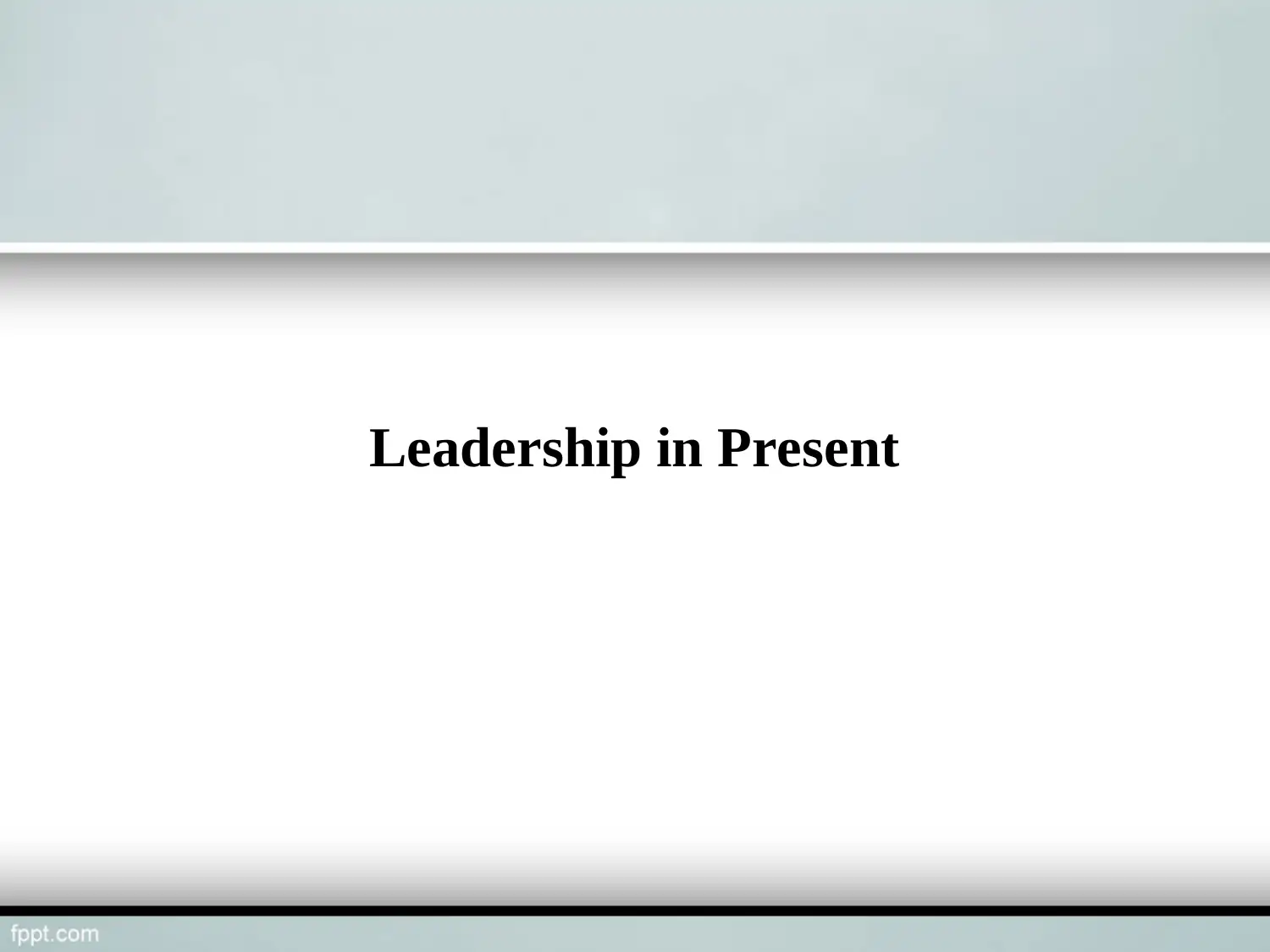
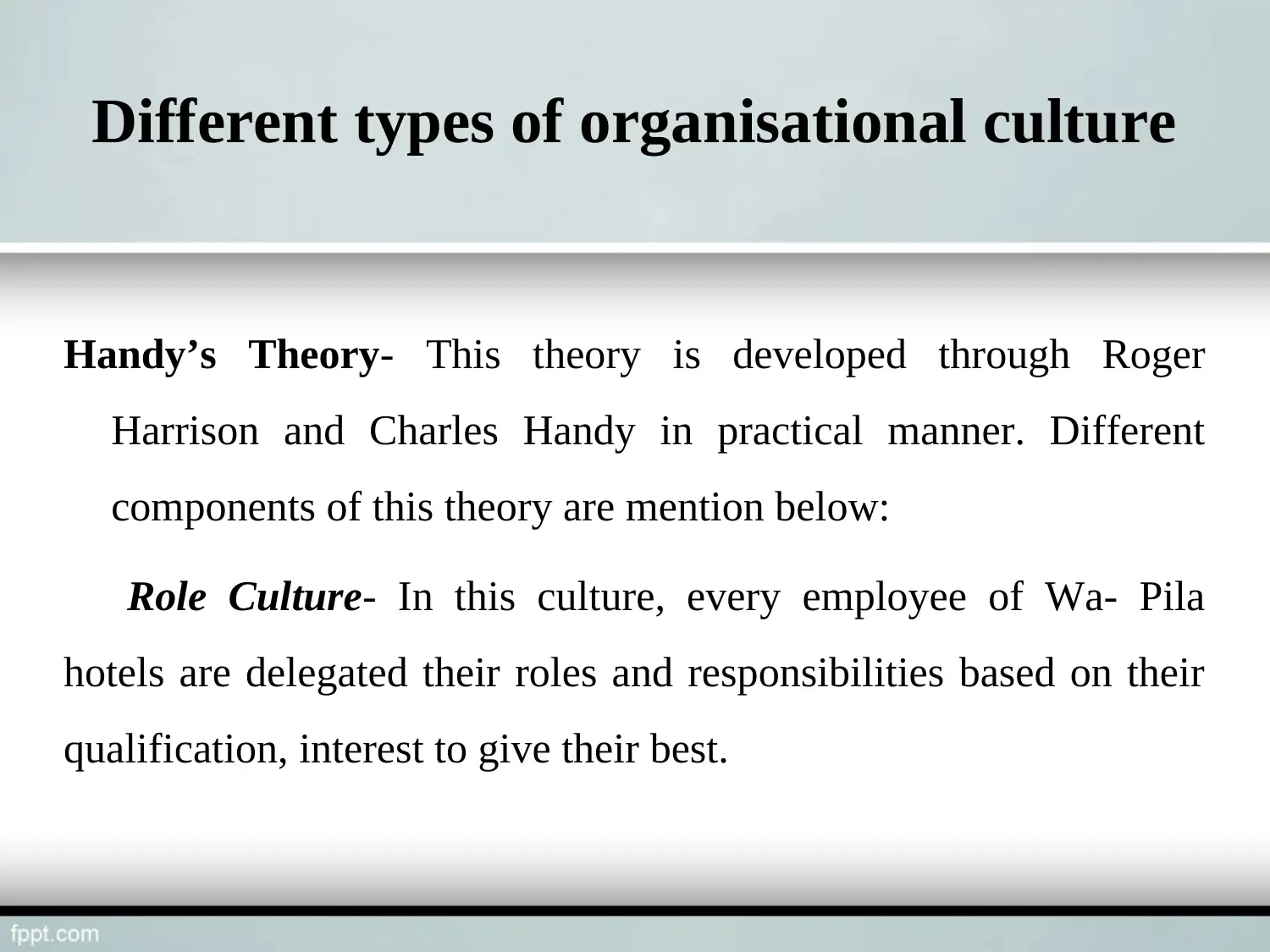
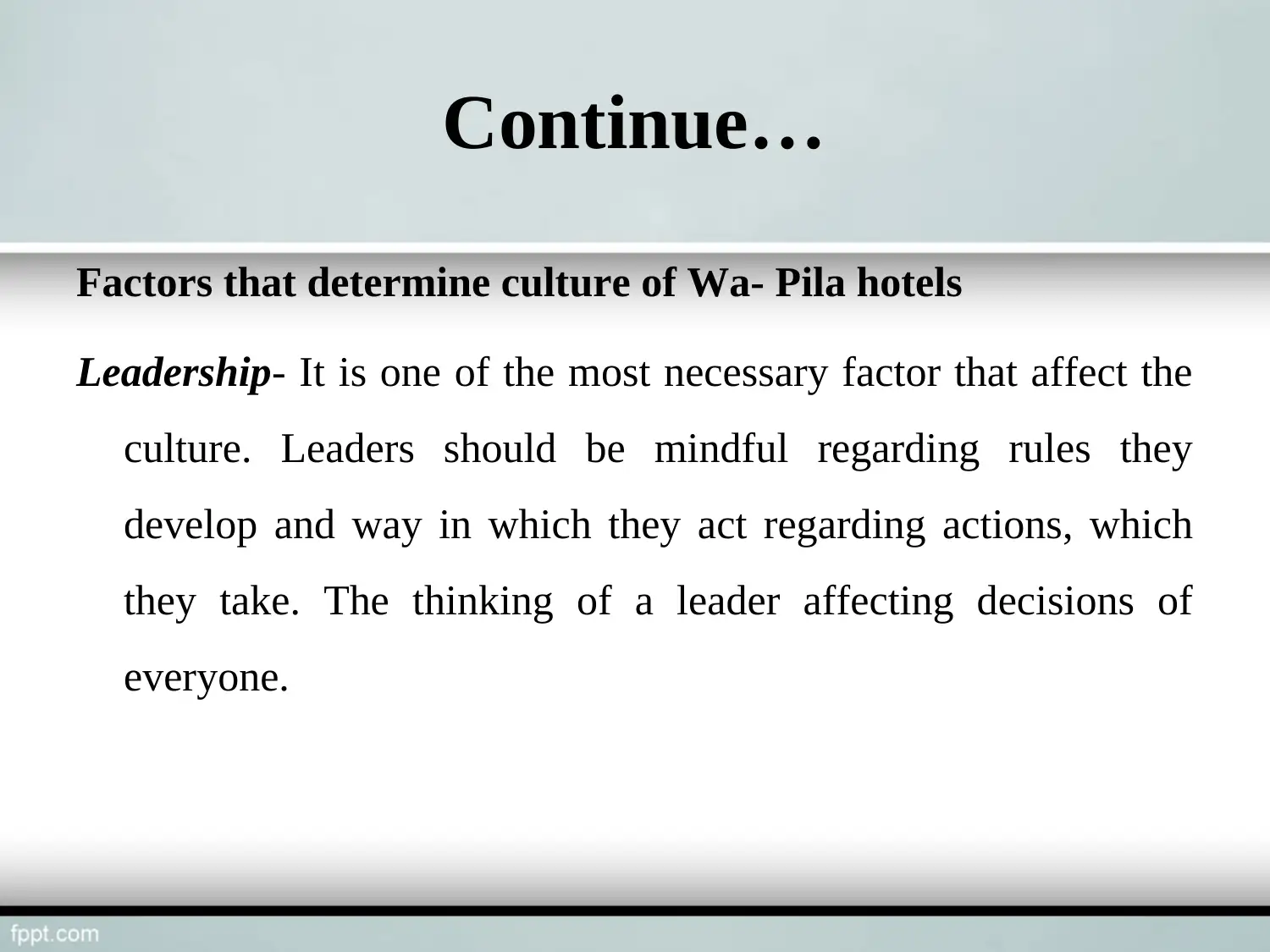
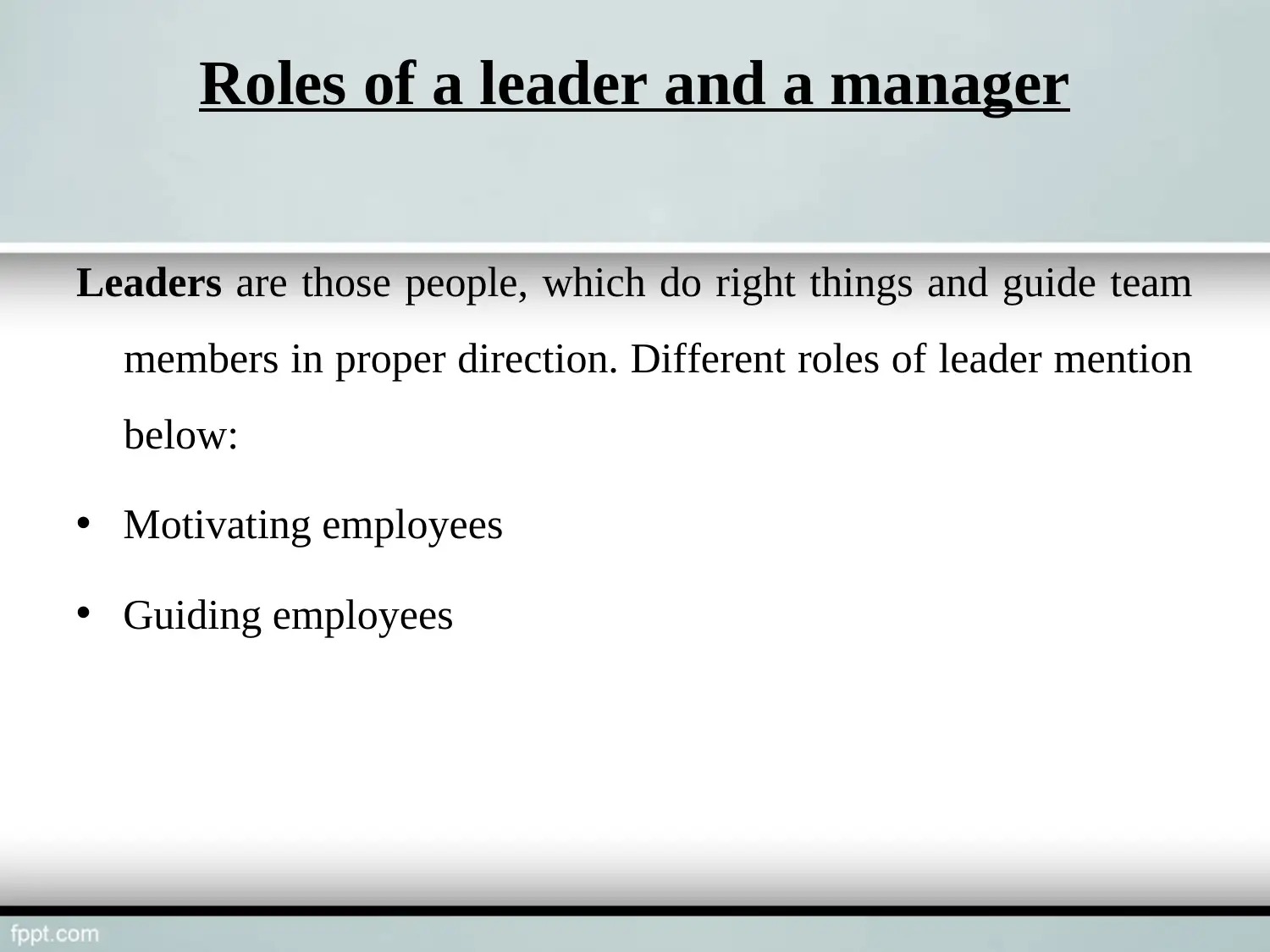
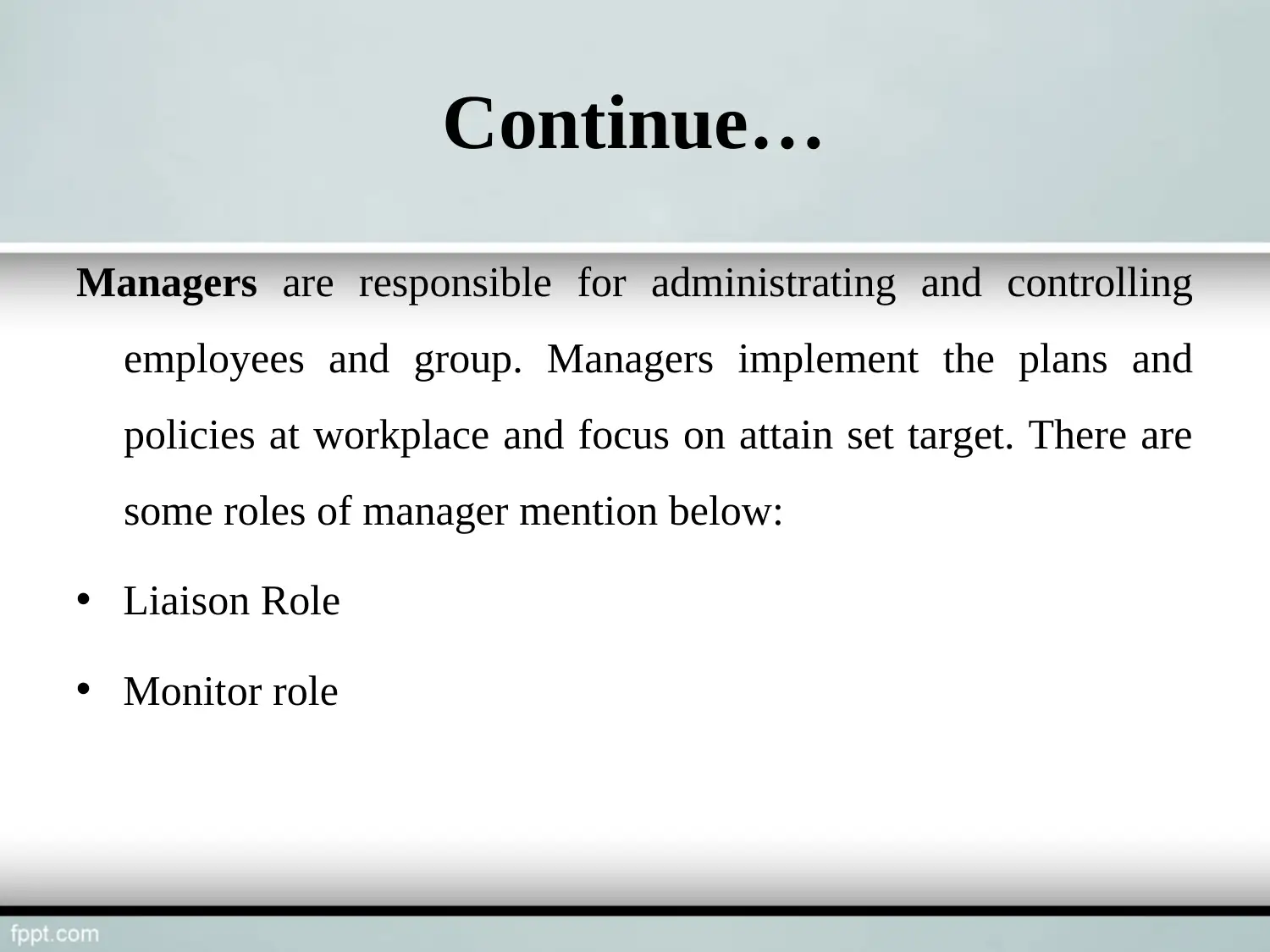






![[object Object]](/_next/static/media/star-bottom.7253800d.svg)